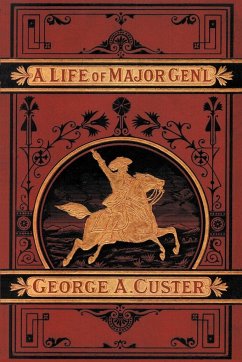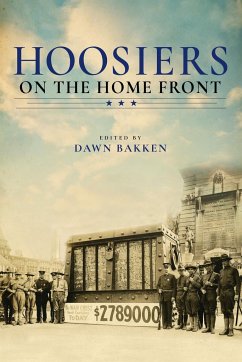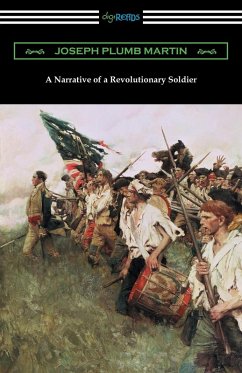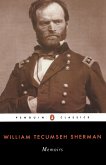George Armstrong Custer (December 5, 1839 - June 25, 1876) was a United States Army officer and cavalry commander in the American Civil War and the American Indian Wars. Raised in Michigan and Ohio, Custer was admitted to West Point in 1857, where he graduated last in his class in 1861. With the outbreak of the Civil War, Custer was called to serve with the Union Army. Custer developed a strong reputation during the Civil War. He participated in the first major engagement, the First Battle of Bull Run on July 21, 1861, near Washington, D.C. His association with several important officers helped his career, as did his success as a highly effective cavalry commander. Custer was brevetted to brigadier general less than a week before the Battle of Gettysburg where he personally led cavalry charges that prevented Confederate troops from turning the Union flank. In 1864 Custer was given another star, being brevetted to major general rank. At the conclusion of the Appomattox Campaign, in which he and his troops played a decisive role, Custer was present at General Robert E. Lee's surrender to General Ulysses S. Grant on April 9, 1865. After the Civil War, Custer remained a major general in the United States Volunteers until they were mustered out in February 1866. He reverted to his permanent rank of captain and was appointed a lieutenant colonel in the 7th Cavalry Regiment in July 1866. He was dispatched to the west in 1867 to fight in the American Indian Wars. On June 25, 1876, while leading the 7th Cavalry Regiment at the Battle of the Little Bighorn in Montana Territory against a coalition of Native American tribes, he and all of his regiment-which included two of his brothers-were killed. The battle is popularly known in American history as "Custer's Last Stand." Custer and his regiment were defeated so decisively at the Little Bighorn that it has overshadowed all of his prior achievements.This citaion is directly from Wikipedia.This book written shortly after his death was Libby Custers attemp to establish her dead husband as a true American Hero.
Bitte wählen Sie Ihr Anliegen aus.
Rechnungen
Retourenschein anfordern
Bestellstatus
Storno









